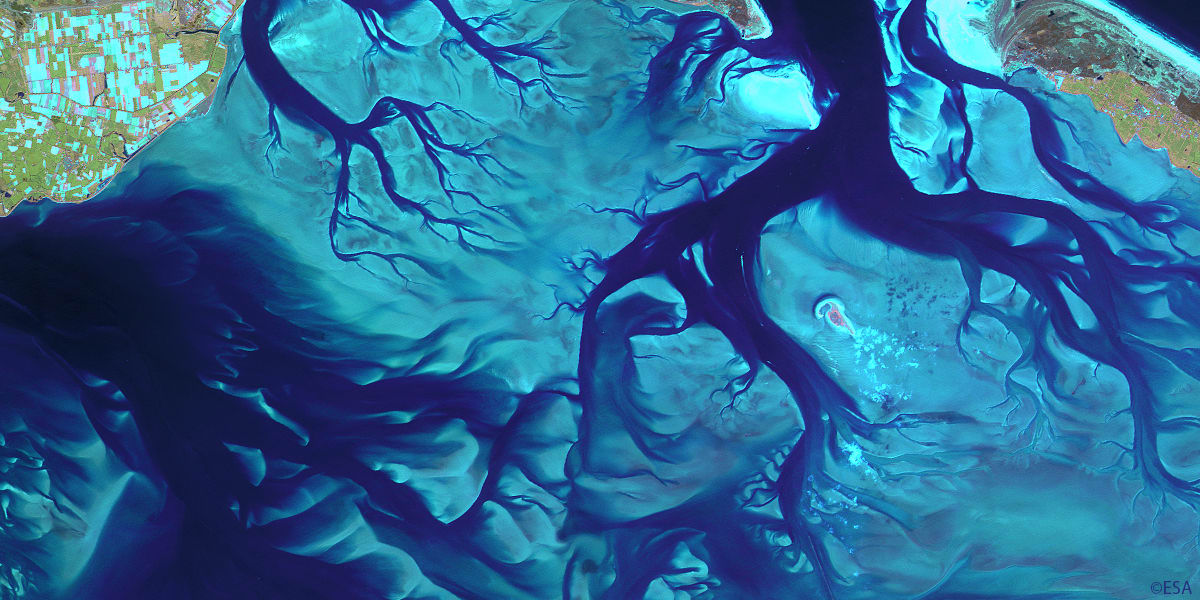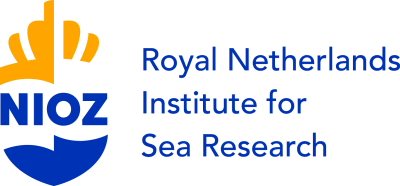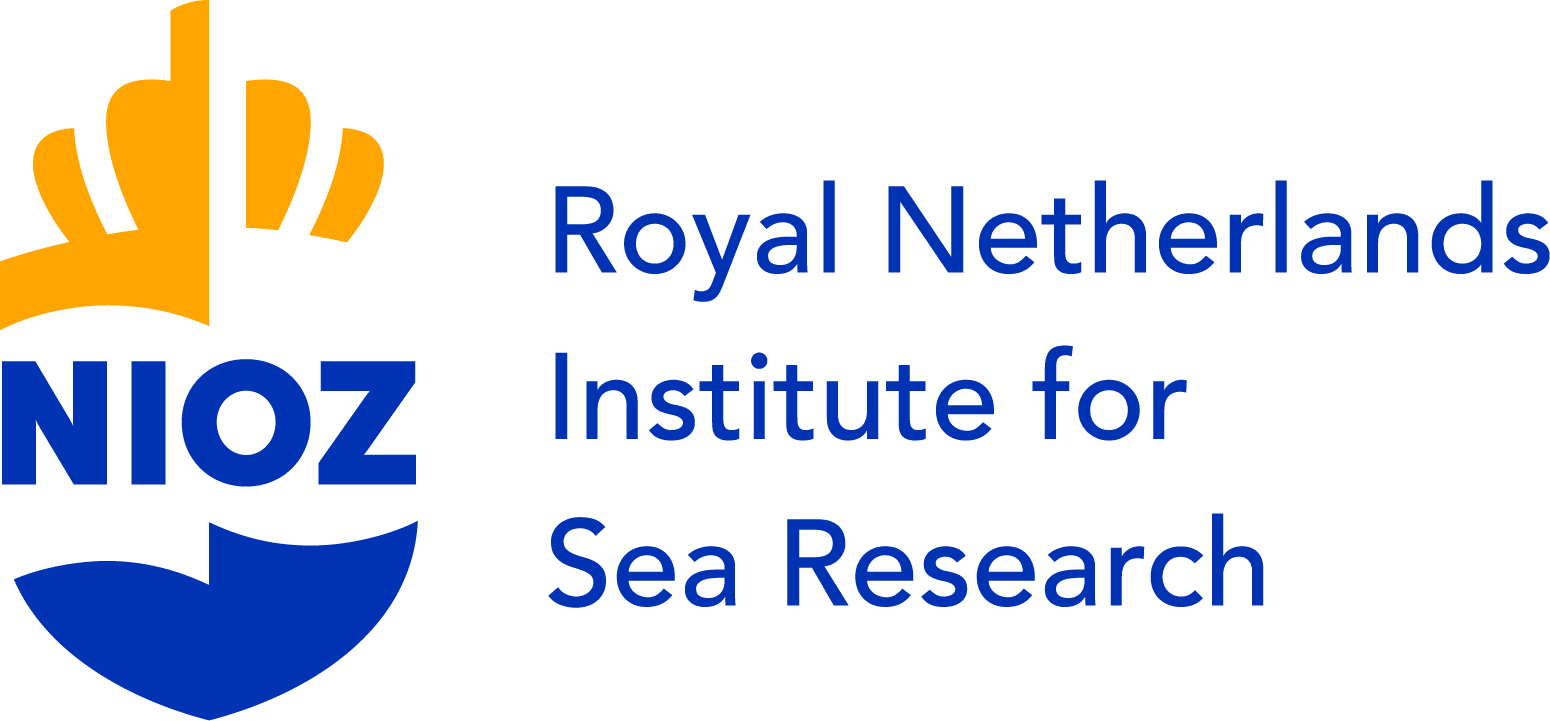
Postdoc position for 3 years: “Unravelling bottom-up and top-down affects between shellfish prey and red knot predators in the Dutch Wadden Sea”
- On-site
- 't Horntje, Texel, Noord-Holland, Netherlands
- Coastal Systems (COS)
Job description
The department of Coastal Systems (COS) at the Royal Netherlands Institute of Sea Research (NIOZ-Texel) is looking for a highly motivated postdoc candidate with a background in (behavioral) ecology to investigate red knots in the Wadden Sea. Particularly, how variation in prey abundance explains variation in red knot distribution and population size, and vice versa. This position is part of the project “Waakvogels” which aims to better understand the effects of management measures in the Wadden Sea by studying populations and movements of six migratory bird species, each being characteristic for a specific habitat.
THE DEPARTMENT
The Department of COS studies integral coastal ecosystems and their populations of fish, birds, and other marine animals in the North and Wadden Seas as well as on a global scale. The department focusses on key physical, chemical and biological processes that determine the productivity and the ecological functioning of coastal areas. The coastal system is studied as a unity by considering the interrelations between the key compartments of the ecosystem (water, sediment, microalgae, macrozoobenthos, parasites, fish and birds). The welcoming atmosphere at NIOZ will provide ample opportunity for collaborations.
THE PROJECT
The Wadden Sea UNESCO world heritage site is an immensely important hub for migratory birds that use this area to spend the winter or for fuelling during migration. Several bird populations show declines, likely connected to human-induced global change. The project Waakvogels, administered by BirdEyes-Centre for Global Ecological Change at the University of Groningen (www.birdeyes.org), aims to better understand these changes by studying the demographics and movements of six migratory bird species. The latest technological possibilities in the field of bird tracking (i.e. satellite transmitters, WATLAS trackers), Remote Sensing Earth observations and field measurements are used to document habitat use in connection to the deterioration of ecosystems, intensive agriculture, industry and climate change. Knowledge is also gained about the effect of recovery measures on bird populations.
THE POSITION
The main aim within this postdoc project is to understand variation in population size and habitat use of red knots in the Dutch Wadden Sea. Example research aims are explaining how red knot population size in the Wadden Sea is related to food availability (bottom-up effects), what habitat red knots use, and top-down effects of red knots on their shellfish prey stocks and distribution. Within this project, red knot roost counts will be combined with large scale resource sampling (SIBES) and high-resolution tracking data (WATLAS).
Job requirements
THE CANDIDATE
Applicants must have a PhD in animal behaviour and/or ecology. Experience with handling large data sets, a background in theoretical population dynamics, and/or the analysis of animal movement data are a pre. Because the successful candidate will have large amounts of data available, strong statistical, analytical and computational skills are advantageous. Practical experience with field work is not necessary, but there will be opportunities to join field work campaigns. Because this position is part of a bigger project, the successful candidate is expected to have good collaborative skills.
We want to be a transparent institute with a healthy working climate and an inclusive culture, where people from diverse backgrounds and gender bring their talents and further develop these talents. We aim for inclusive decision-making processes and expect our leadership to show visible commitment, awareness of bias, and cultural intelligence.
CONDITIONS
Employment of this position for 40 hours a week at Royal NIOZ NWO-I for a duration of 3 years.
Salary compliant with CAO-WVOI (Collective Labour Agreement for Dutch Research Institutes) scale 10 or 11 depending on relevant experience.
The freedom to fulfill your role and space and opportunities for your personal (talent) development with the help of the NIOZ Academy.
338 annualized holiday hours for a full-time 40-hour work week.
Pension scheme via ABP, 8% holiday allowance and a year-end bonus of 8.33%.
2nd class public transportation travel is reimbursed 100%.
Employment benefits plan to exchange a portion of your salary for days off or vice versa, or can be used to purchase a bicycle with tax benefits.
We offer relocation expenses for employees coming from abroad and support with finding accommodation.
For additional information about this vacancy, please contact Dr. Allert Bijleveld. For additional information about the procedure, please send an e-mail to working@nioz.nl
Closing date for this vacancy is the 18th of May. We aim to invite suitable candidates for an interview on the 6th of June, 2025.
or
All done!
Your application has been successfully submitted!

